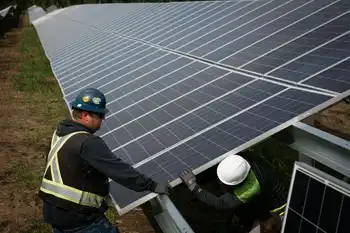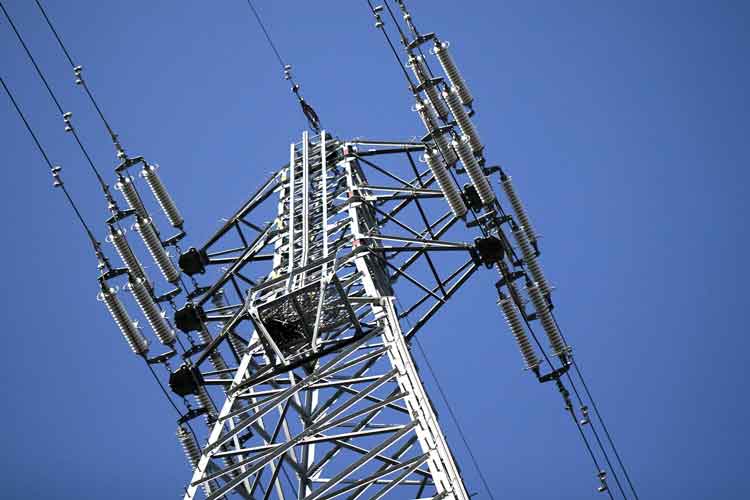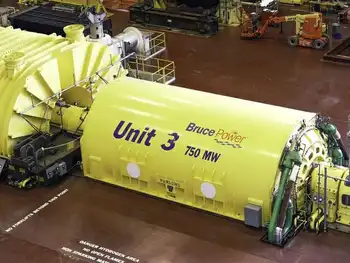Biomass assistance program announced
By Southwest Farm Press
Arc Flash Training CSA Z462 - Electrical Safety Essentials
Our customized live online or in‑person group training can be delivered to your staff at your location.

- Live Online
- 6 hours Instructor-led
- Group Training Available
The program, authorized in the 2008 farm bill, provides financial assistance to producers who deliver eligible material to biomass conversion facilities. The Farm Service Agency (FSA) will provide financial assistance to collect, harvest, store and transport eligible materials.
“This program will benefit producers, the developing biomass industry, the general public and the environment as we continue working to expand production and availability of renewable energy,” said Coppess. “Owners of eligible material can receive financial assistance for delivering qualified biomass to conversion facilities that use biomass for heat, power, bio-based products or advanced biofuels.”
Biomass conversion facilities and material owners or producers should contact their FSA state offices or visit www.fsa.usda.gov for more information. FSA will begin accepting applications from biomass facilities interested in participating in the Biomass Crop Assistance Program.
Once an agreement is signed between FSA and a facility and funding through the program is provided, the facilities can begin accepting materials. Producers who sell these materials can apply for matching payments under the collection, harvest, storage and transportation (CHST) component of BCAP.
The matching CHST payments are paid at a rate of $1 for $1 per dry-ton equivalent received from a qualified biomass conversion facility, not to exceed $45 per dry-ton equivalent. A biomass owner is eligible to receive payments for two years. The purpose of the matching payments is to assist biomass producers with the CHST cost of delivering biomass to a qualified biomass conversion facility.
For example, if a qualified biomass conversion facility pays a producer $30 per dry ton for biomass, the material owner or producer would be eligible for a matching payment of $30 per dry ton from FSA. This payment will help offset the costs of CHST.
Biomass conversion facilities may become qualified by submitting a memorandum of understanding to the FSA state offices. The memorandum generally provides the requirements for becoming a qualified biomass conversion facility. Once a facility becomes qualified, eligible material owners or producers who deliver biomass to that facility may be eligible to receive CHST payments.
Eligible material owners or producers, who market eligible material to a qualified biomass conversion facility, may apply for the matching CHST payment at their FSA county office. An application must be submitted before the eligible material is sold and delivered to a qualified biomass conversion facility. After the product is delivered, a producer must provide FSA with documentation of product quantity, quality and payment rate. County offices will validate payment requests with information in the county office and information provided under the terms of the memorandums of understanding with the qualified biomass conversion facilities. CHST payments will not be authorized until after an appropriate environmental analysis has been conducted.











